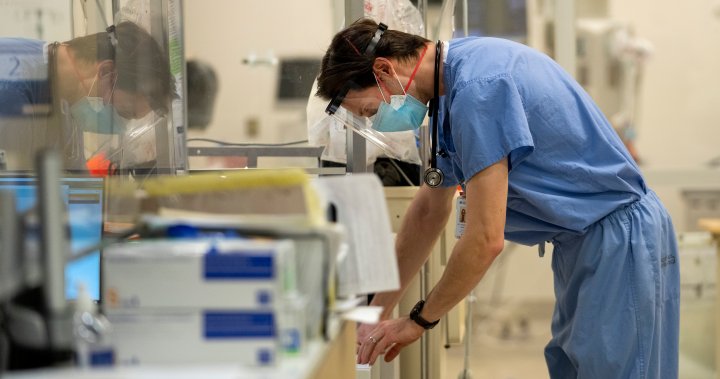The federal government in Ottawa has proposed tax increases on some capital gains in the recent federal budget, causing concern among family doctors who worry about the impact on their ability to save for retirement. The changes would affect how capital gains are taxed, with the inclusion rate increasing to two-thirds for individuals realizing more than $250,000 in capital gains in a year, and for corporations and trusts, there is no threshold. Many doctors in Canada practice through professional corporations and use them as a way to save for retirement, investing excess dollars in marketable securities and rental properties. The changes have been criticized by some doctors as unfair and inappropriate, as they believe they are being unfairly targeted along with ultra-wealthy individuals.
The federal budget document stated that for the vast majority of Canadians, personal income taxes on capital gains will not increase. The government argues that it is important to treat capital gains and other means of income, such as dividends, equally. The changes are aimed at eliminating tax advantages that previously existed for distributing value through capital gains, even when it did not make sense. This is part of a broader effort to ensure that people choose income streams based on fundamental reasons rather than trying to exploit aspects of the tax system. Some groups representing family doctors, such as the Ontario Medical Association, have expressed concerns about the impact of the proposed changes on physicians in Ontario and access to patient care.
The proposed tax increases on capital gains come at a time when Canada is already facing a shortage of family doctors and high rates of burnout among medical professionals. Dr. David Poon, a Canadian physician, expressed his worries about how the tax changes could further disincentivize doctors from working and harm the already strained health care system. He believes that the new rules may exacerbate the challenges faced by family doctors, who are already under pressure due to high workloads and limited resources. The Canadian Medical Association and the College of Family Physicians of Canada have not yet commented on the proposed changes.
Economists like Trevor Tombe from the University of Calgary support the federal government’s argument for treating dividends and capital gains similarly, as it eliminates tax advantages that were previously exploited. The government aims to encourage people to choose income streams based on economic fundamentals rather than tax considerations. While there may be concerns among family doctors about the impact of the changes on their ability to save for retirement, the government believes that the vast majority of Canadians will not be affected by the proposed tax increases on capital gains. The changes are part of a broader effort to ensure fairness in the tax system and eliminate preferential treatment for certain types of income.
Some family doctors have formed advocacy groups, such as the Facebook group ‘Professional Corporation Advocates’, to rally against the changes and protect their ability to save for retirement. These groups argue that the tax increases on capital gains are unfair and will negatively impact professionals who rely on their investments to secure their financial future. The federal budget has proposed various measures to recover some of the government’s increased spending, and the changes to how capital gains are taxed are part of this initiative. It remains to be seen how the proposed tax increases will impact family doctors and other professionals who use investment income as a means of saving for retirement.


